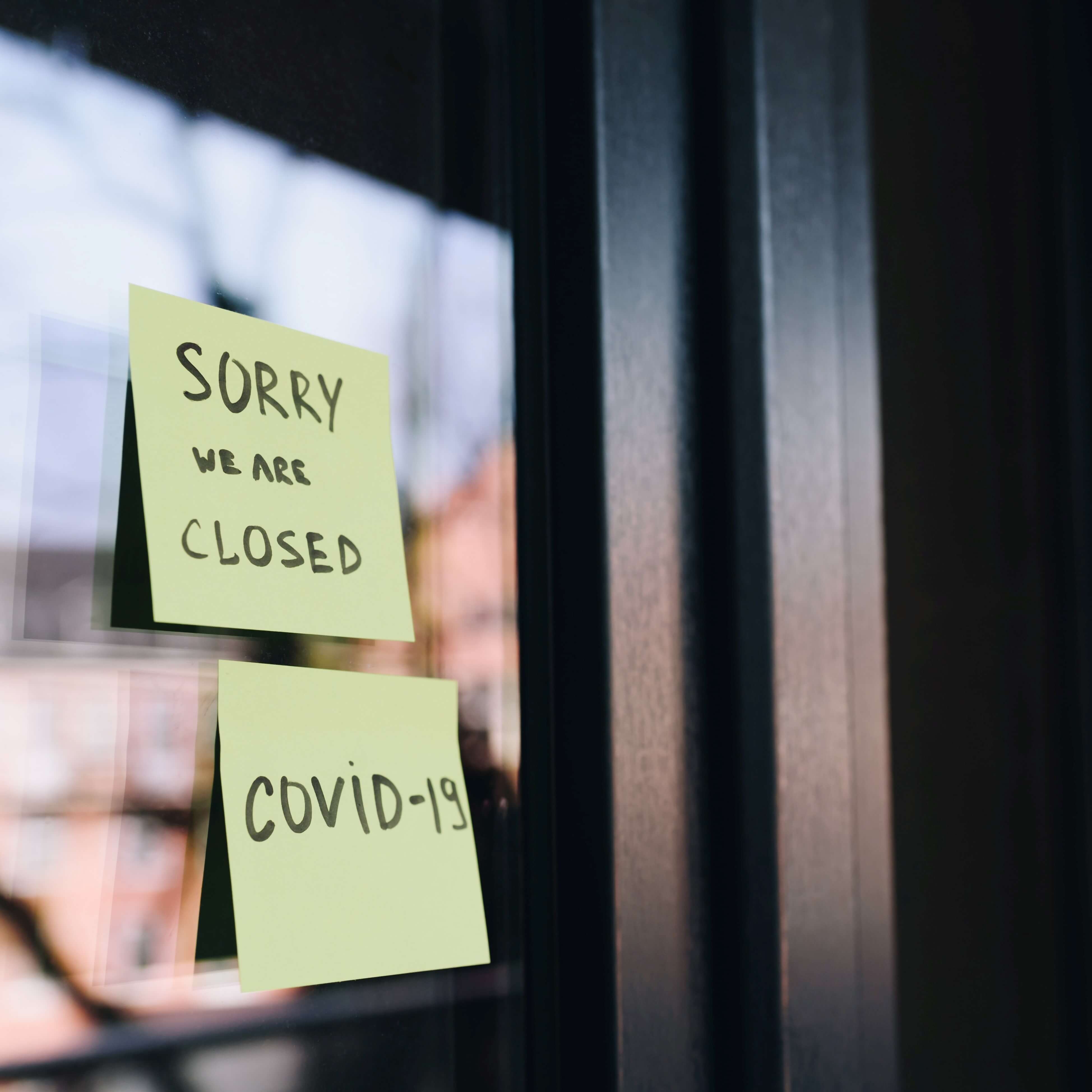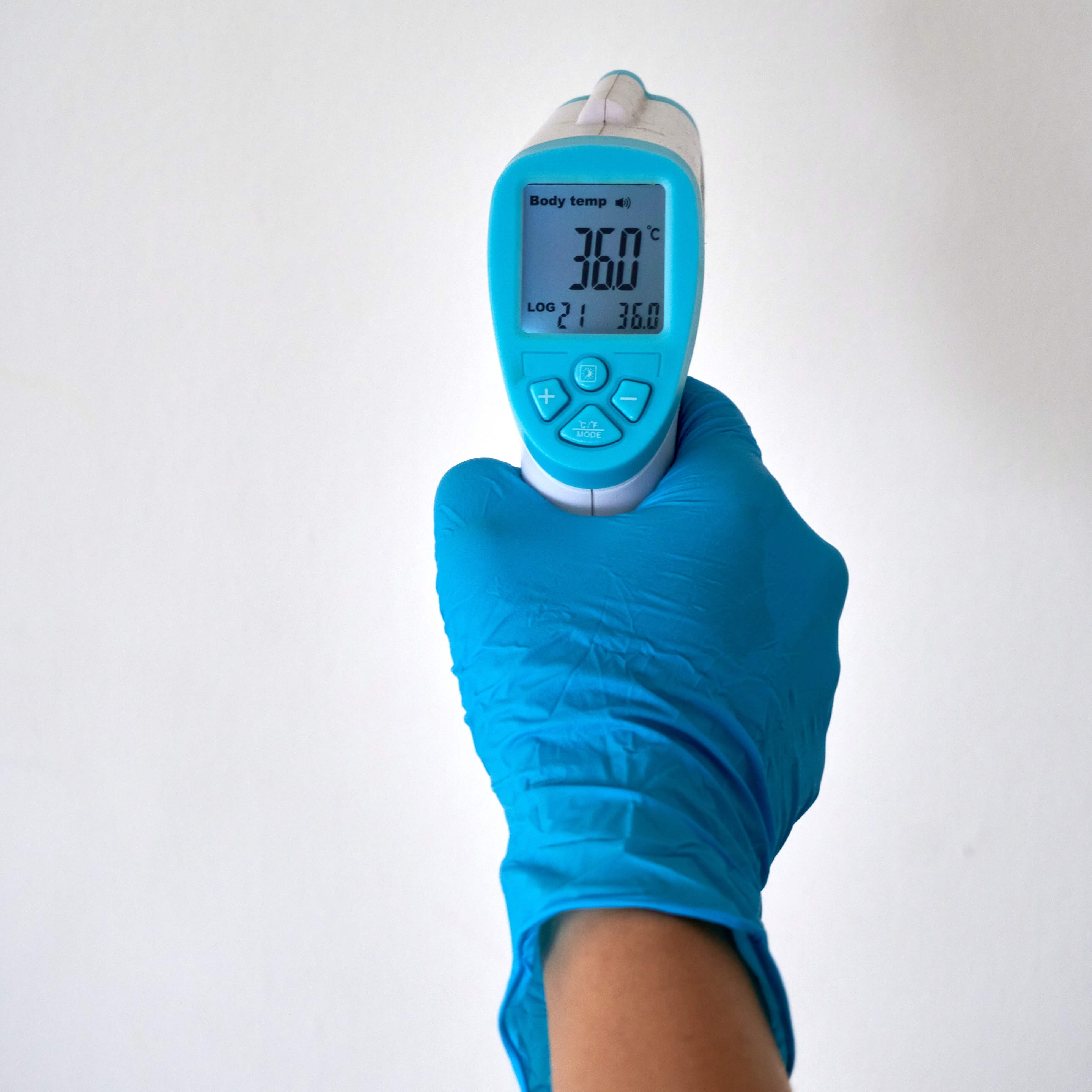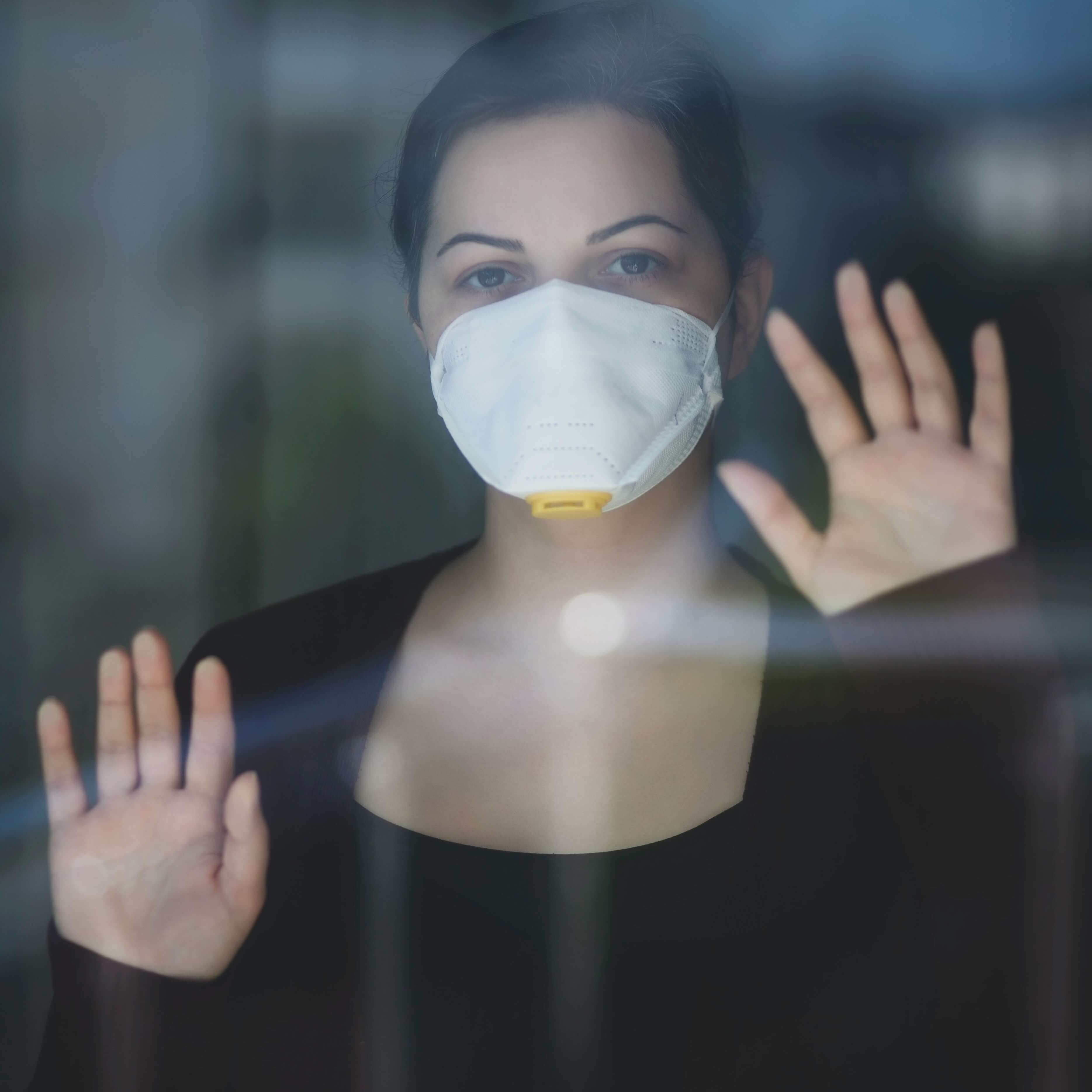
Can PCR Test Be Done at Home?
Covid-19 has been a major concern for many people around the world. While it has become clear that PCR tests are one of the most reliable methods of testing available, many people are asking if it is possible to do a PCR test at home.
This article will discuss the current availability of home-based PCR testing and what you need to know before attempting a PCR test at home.
What Is a PCR Test?
A PCR (polymerase chain reaction) test is a laboratory technique used to detect the presence of the genetic material of the SARS-CoV-2 virus, which causes Covid-19. The test involves taking a sample of a person's respiratory secretions, such as saliva or mucus from the back of the throat, and then amplifying any viral genetic material present in the sample using PCR.
The amplified material can then be detected using specific reagents and is typically analyzed using specialized equipment. PCR tests are considered to be highly accurate and are commonly used to diagnose Covid-19.
What Covid Tests Are Permitted to Do at Home?
There are several types of at-home COVID-19 tests available, including:
Rapid Antigen Test
Some companies have developed rapid antigen tests that can be used at home, without the need for a healthcare provider to administer the test. These tests typically come in the form of a kit that includes a nasal or throat swab and a testing device.
To take this Covid-19 test at home, a person swabs the inside of their nose or the back of their throat and then inserts the swab into the testing device. If the test is positive, it will produce a visible line or change in color within 15-30 minutes.
The best test kits, such as the Healgen rapid COVID-19 antigen self-test, have a high degree of accuracy and are easy to use. Check the Flowflex COVID test price to get the best deal.
It is important to follow the instructions provided with the test kit carefully to ensure accurate results. Some rapid antigen tests require a prescription from a healthcare provider, while others are available without a prescription.
Antibody Test
An antibody test for Covid-19 is a type of diagnostic test that uses a blood sample to detect the presence of antibodies against the SARS-CoV-2 virus. Antibodies are proteins produced by the immune system in response to a viral infection, and the presence of antibodies in the blood can indicate that a person has been infected with the virus.
Antibody tests are typically performed using a blood sample, and the results can take several days to be available. They are generally less accurate than PCR tests for detecting active infections but can be useful for identifying people who have been infected in the past.
Lateral Flow Test
A lateral flow test is a type of diagnostic test that uses a sample of bodily fluid, such as blood or saliva, to detect the presence of a specific substance, such as a virus or bacteria. The sample is placed on a strip that contains specific reagents that can detect the presence of the target substance.
If the test is positive, it will produce a visible line or change in color within a few minutes. Lateral flow tests are commonly used for rapid diagnostic testing and can provide results on the spot without the need for specialized laboratory equipment. They are generally less accurate than PCR tests but are faster and easier to use.
In the UK, the best lateral flow test to buy is one that is CE marked, as this indicates that it meets the requirements for performance and safety set out by the European Union.
Remember, taking a covid test from home should only be done as a last resort, and it should not replace getting tested through an approved health provider. Results from home tests should always be discussed with a medical professional before any decisions are made.
Can You Use a PCR Test at Home?
Can PCR tests be done at home? Well, It is generally not recommended to perform a PCR test at home. PCR tests require specialized equipment and trained personnel to operate properly and obtain accurate results. In addition, PCR tests usually require collecting a respiratory sample, which can be difficult to obtain accurately without proper training and supervision. It is best to leave PCR testing to trained healthcare professionals in a laboratory setting.
However, some companies have developed at-home PCR test kits that allow people to collect their own samples and send them to a laboratory for analysis. These kits are generally only available by prescription from a healthcare provider and are not as widely available as other at-home testing kits, such as rapid antigen tests. To ensure accurate results, it is important to follow the instructions provided with any at-home testing kit.
You need to get the test receipt card registration to get the results. If you forgot to register PCR test, you can do so by visiting the website of the testing center. Alternatively, you can also contact the testing center directly, and they will help you with the registration process.
How Is a PCR Test Done?

A PCR test is typically done by collecting a sample of respiratory secretions from a person using a swab, which is then placed in a tube containing a solution to preserve the sample. The tube is then sealed and labeled, and the sample is transported to a laboratory for analysis.
In the laboratory, the sample is placed in a machine called a PCR thermocycler, which amplifies any viral genetic material present in the sample using PCR. The amplified material is then detected using specific reagents, and the results are typically analyzed using specialized equipment. The entire process typically takes several hours to complete.
One of the biggest advantages of PCR testing is that it is highly accurate and can detect even small amounts of viral genetic material. Due to this high level of accuracy, PCR tests are considered to be one of the most reliable methods for diagnosing Covid-19.
What to Know Before You Get Tested At Home.
If you are considering getting tested for Covid-19 at home, you should know a few things beforehand. First, it is important to consult a healthcare provider to determine which test is appropriate for your situation.
At-home testing kits are generally less accurate than tests performed in a laboratory, so it is important to follow the instructions provided with the kit carefully to ensure accurate results. If you have any symptoms of Covid-19, it is also important to self-isolate and avoid close contact with others to prevent the spread of the virus.
Finally, it is important to follow the guidelines of your local health department for how to report your test results and seek medical care if needed.
Tips About Taking the Test
Below are a few tips to help you get the most accurate results possible when taking an at-home Covid-19 test.
- Collect the right sample: Depending on the type of test you are taking, you may need to collect a blood or saliva sample. Make sure to follow the instructions provided with your kit carefully and provide the correct type of sample for accurate results.
- Avoid contamination: To ensure an accurate result, avoid contaminating your samples with substances such as soap, detergent or alcohol. Additionally, make sure to dispose of used swabs and containers safely.
- Handle with care: When handling the test kits and sample collection containers, take extra care not to damage them. Follow the instructions provided in the kit carefully to ensure accurate results.
Final Thoughts
Even though PCR tests can't be done at home, options are still available for those who need to get tested from their homes. However, remember they are less accurate than the tests performed in a laboratory. Taking a PCR test from a laboratory is still the best option for the accuracy and reliability of results.



